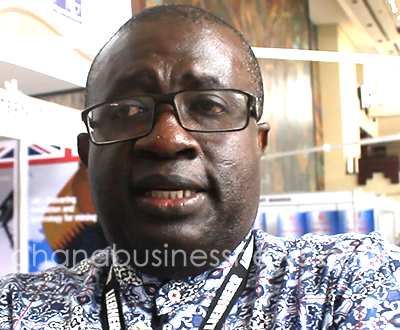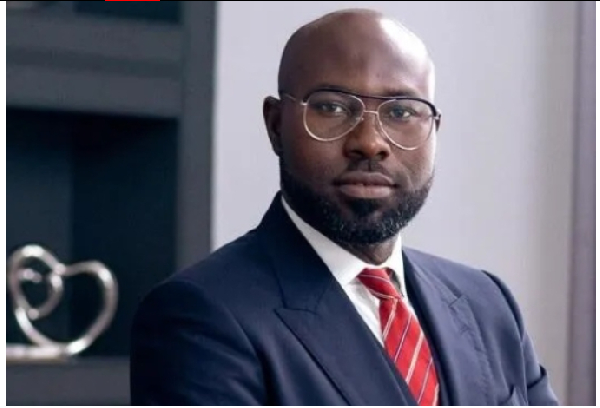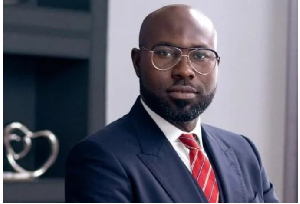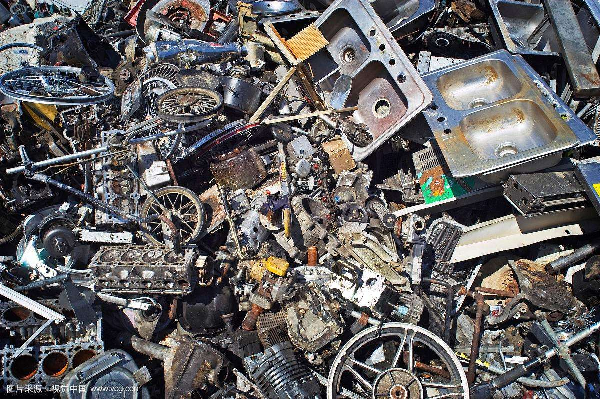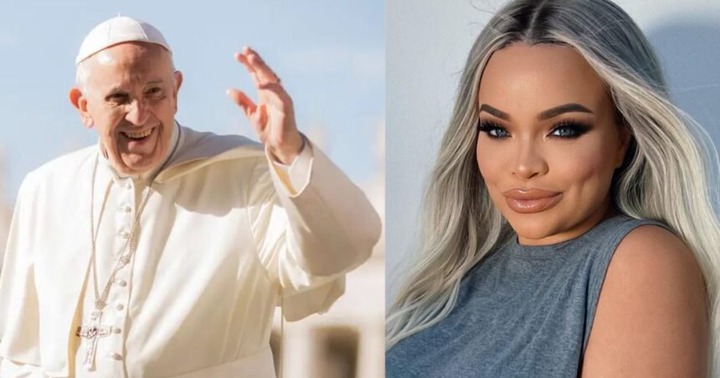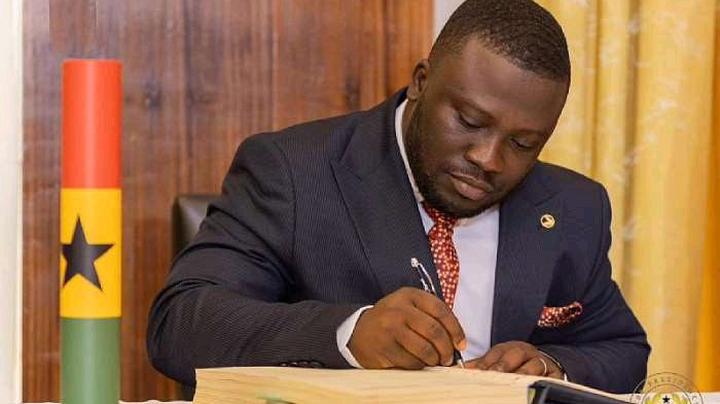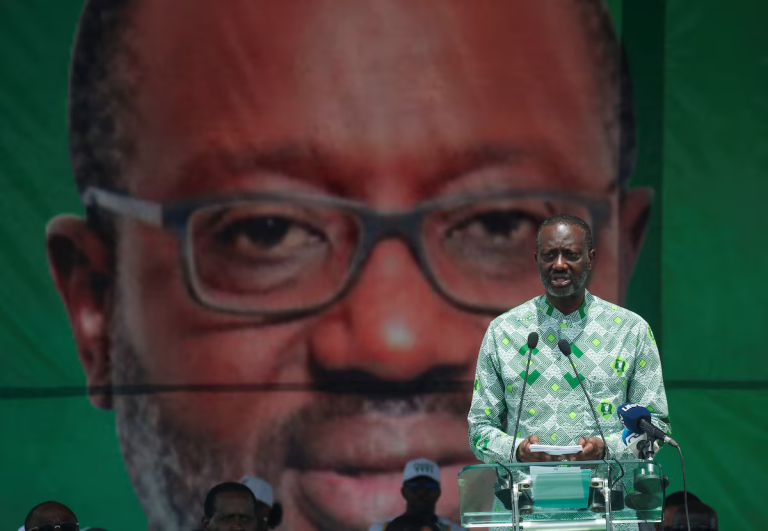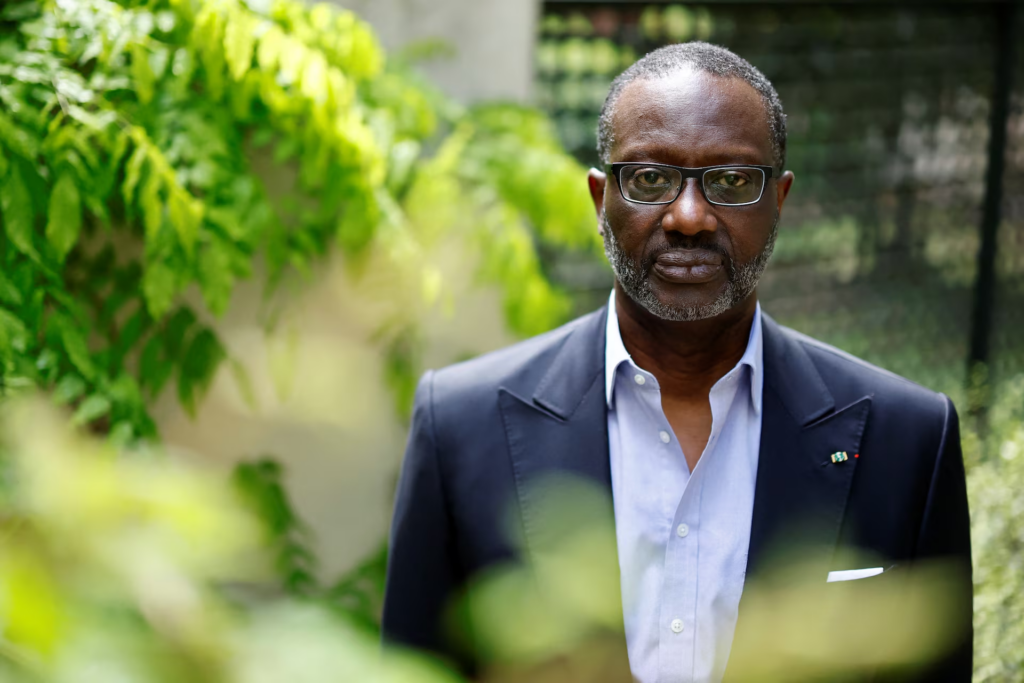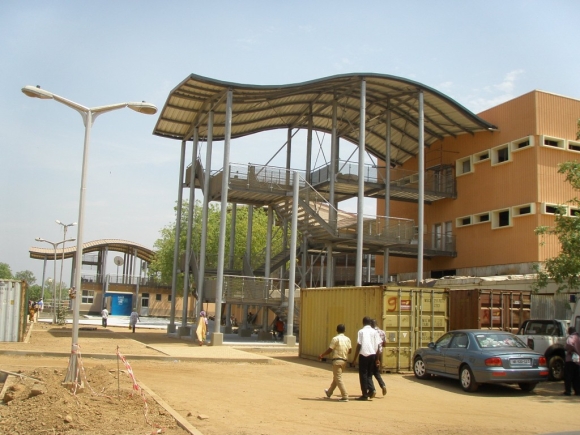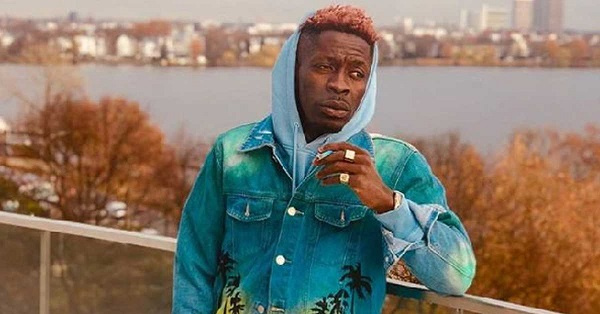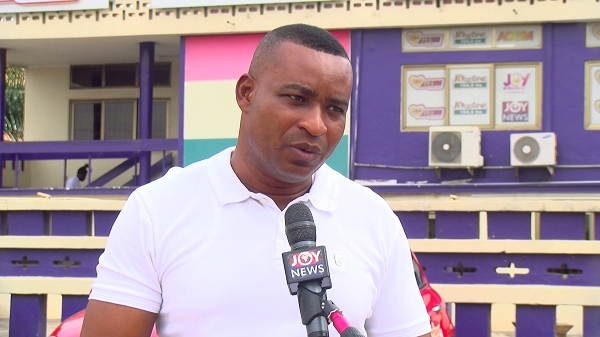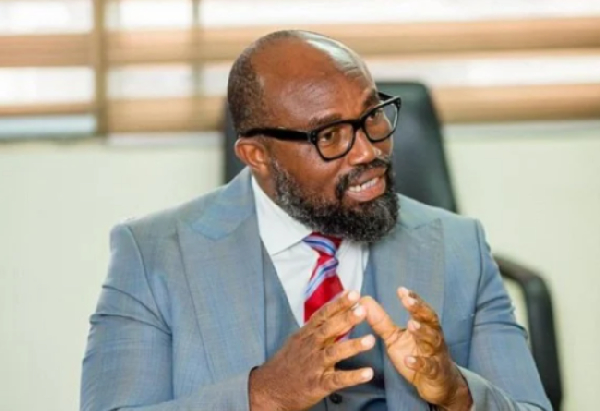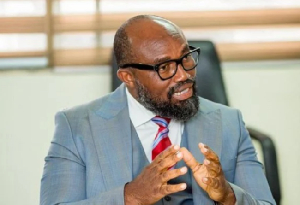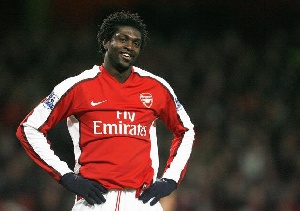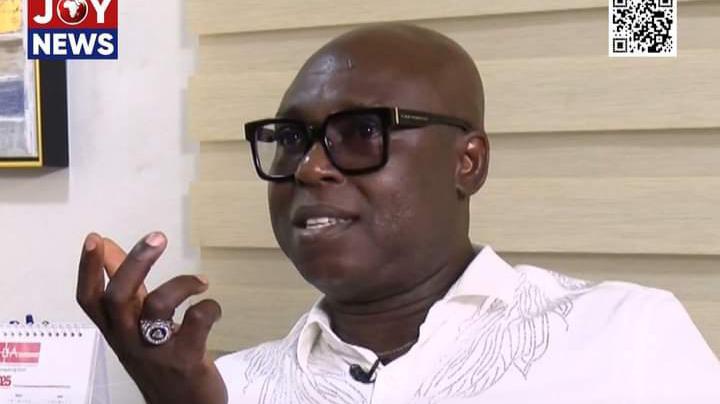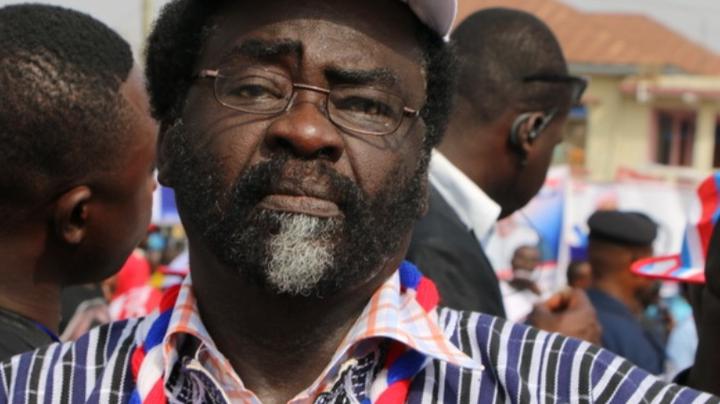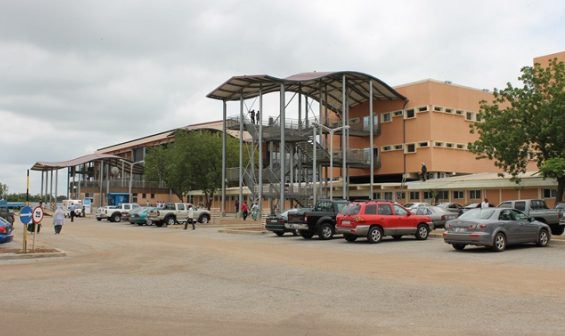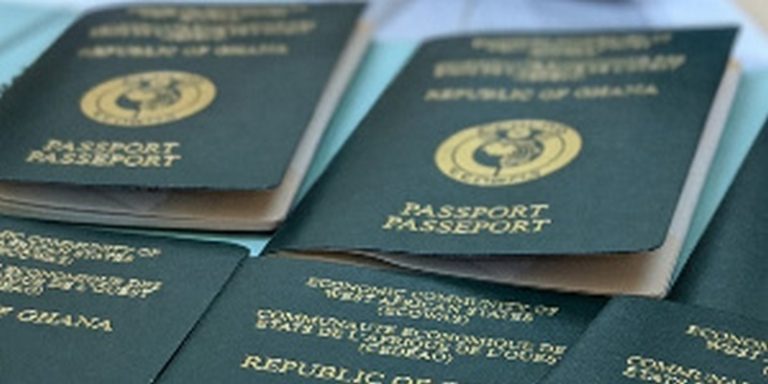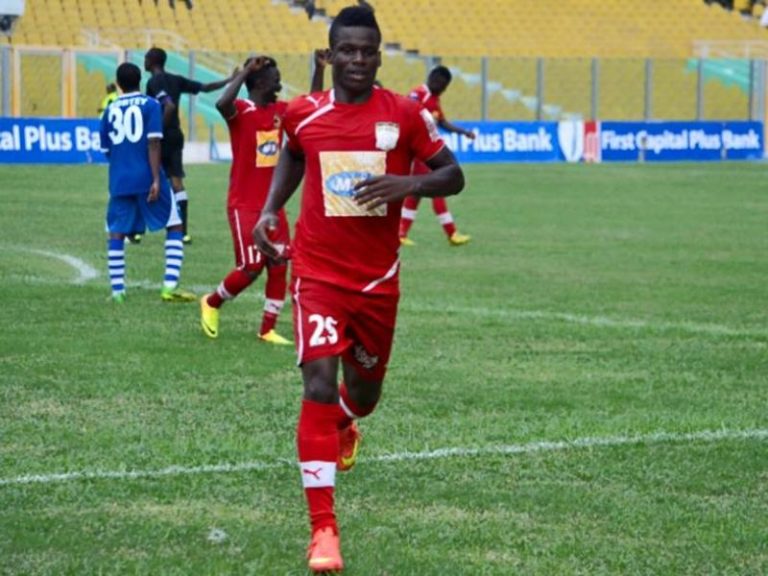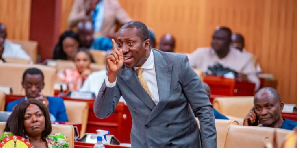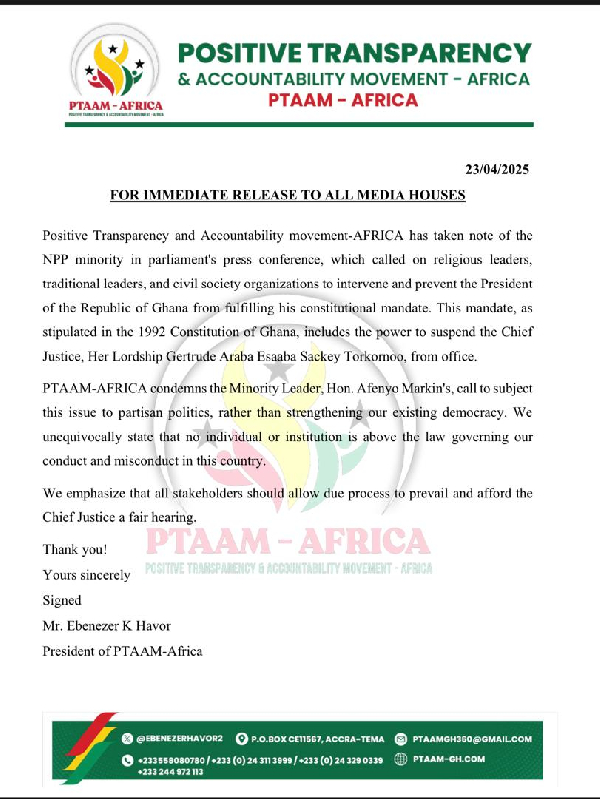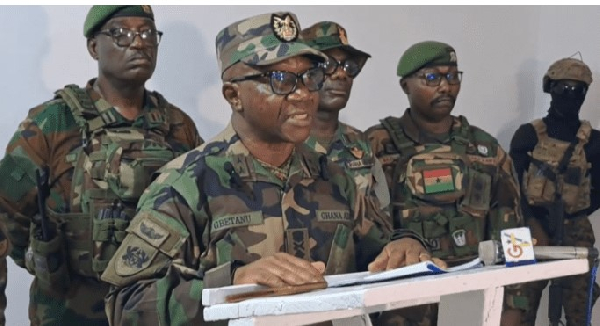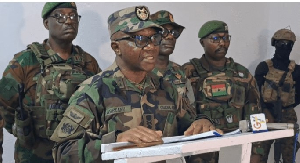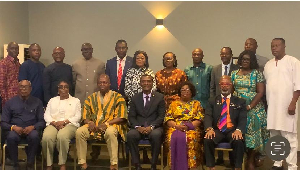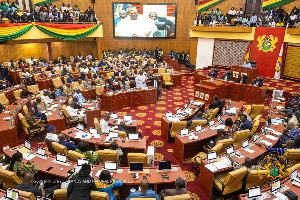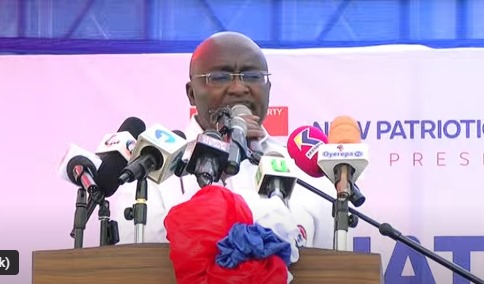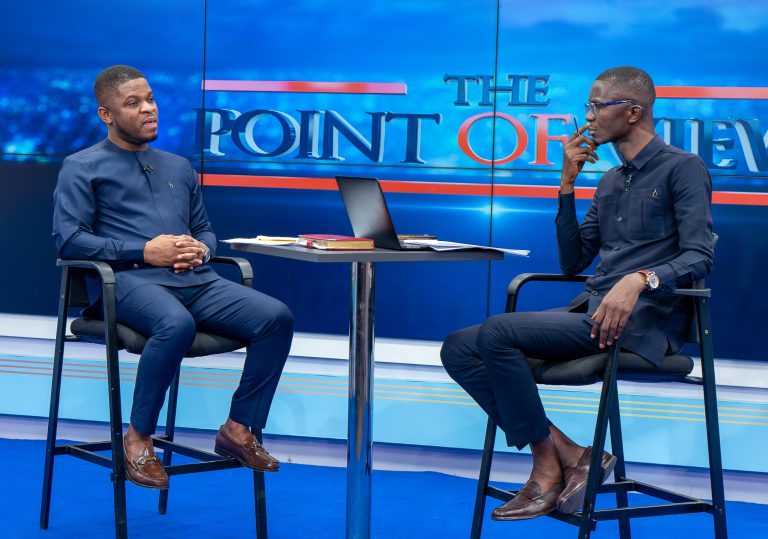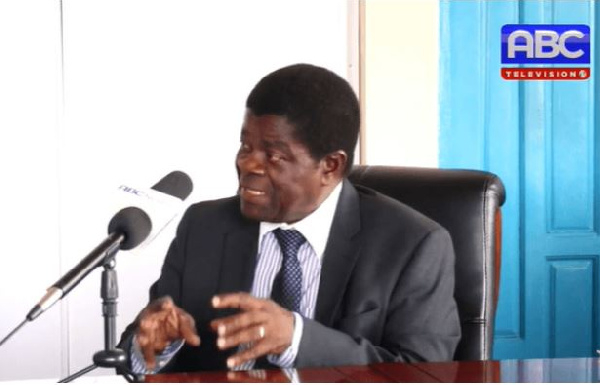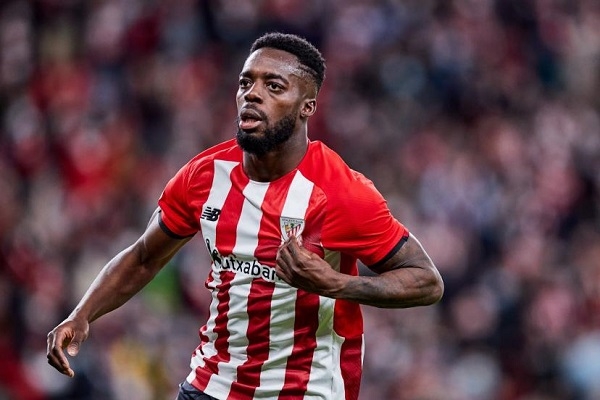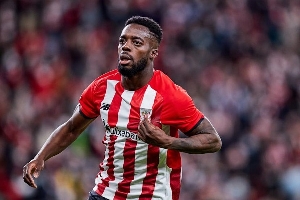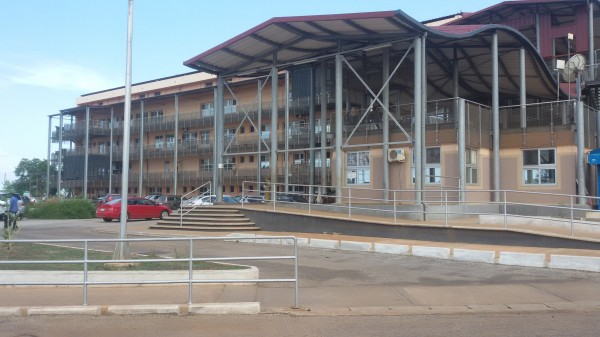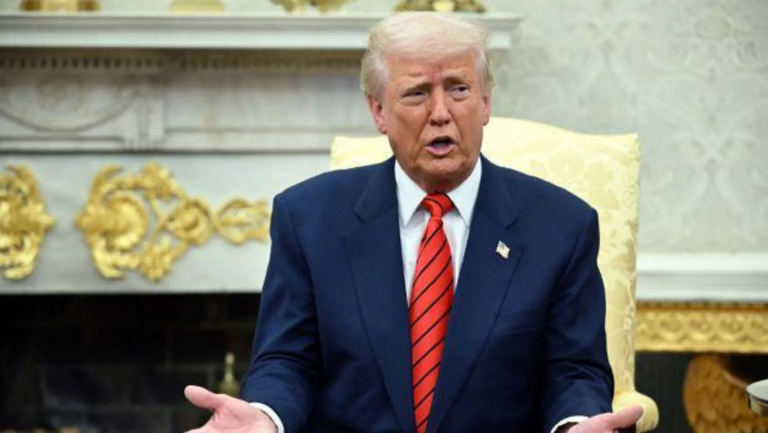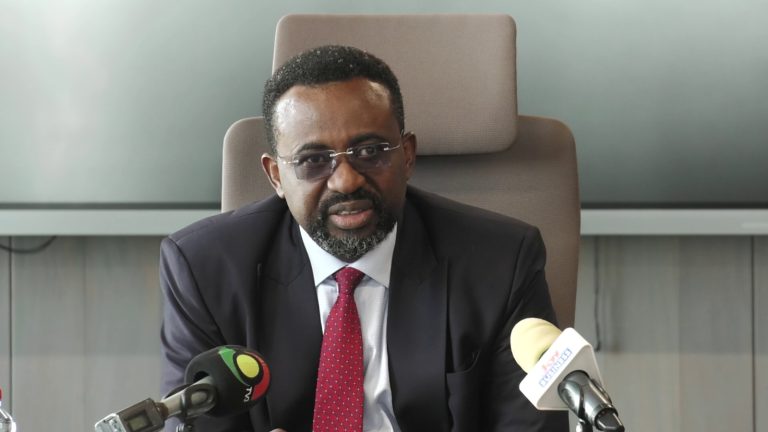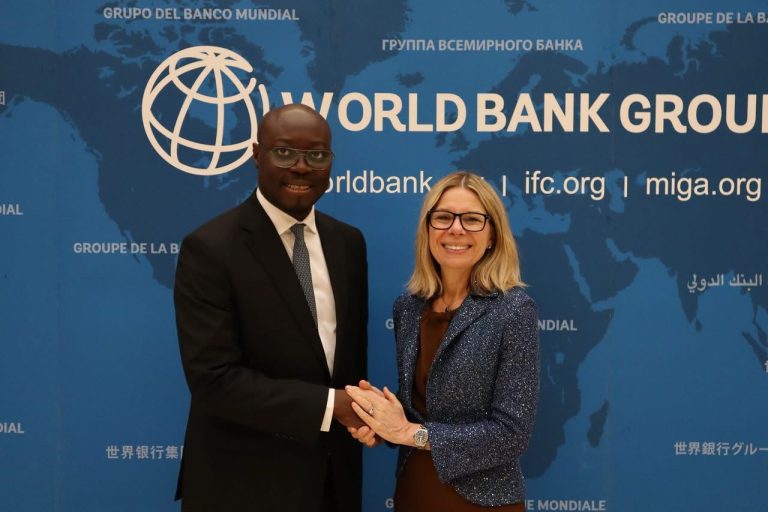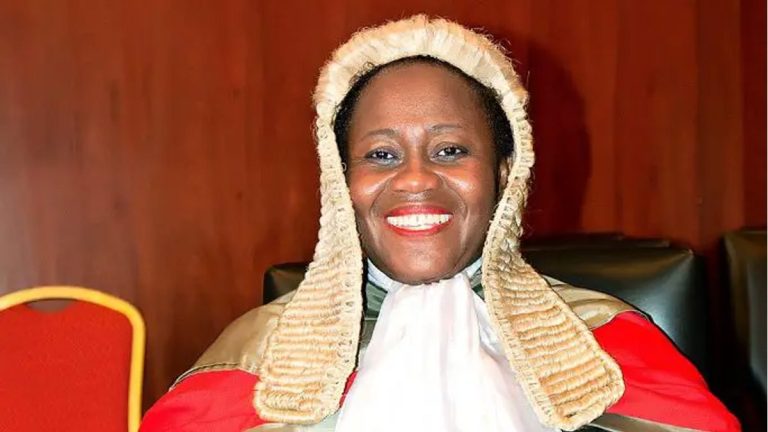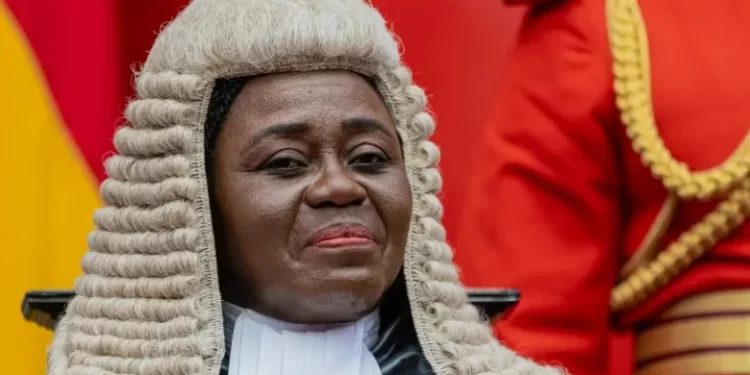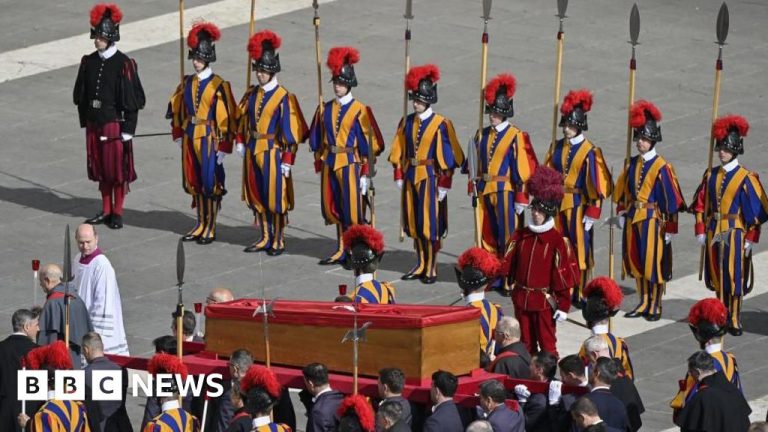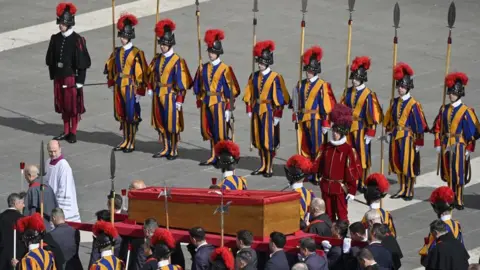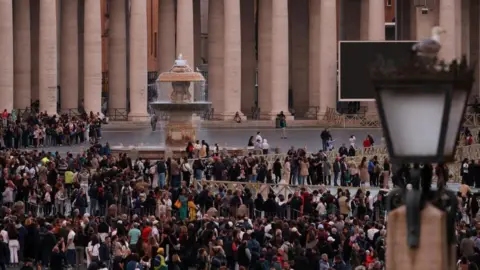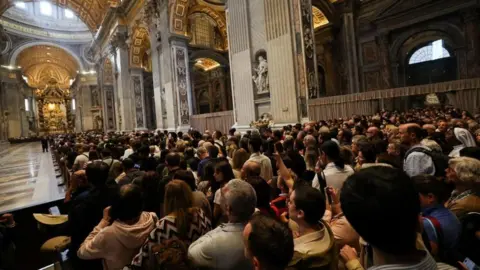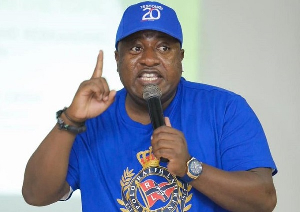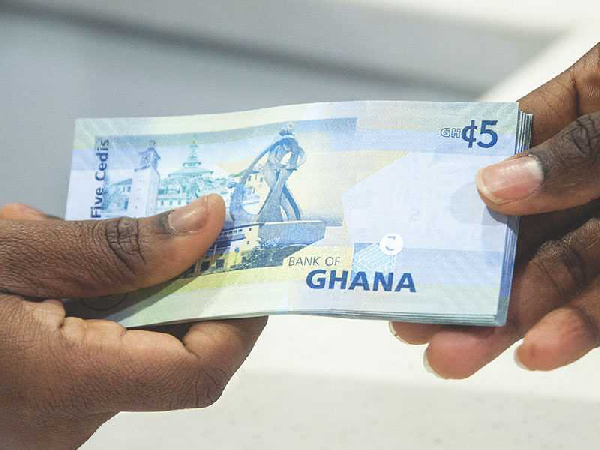The Centre for Democratic Movement (CDM) has condemned what it calls the “constitutionally questionable” decision by President John Mahama to suspend the Chief Justice, Gertrude Araba Sackey Torkornoo.
The group described the move as a “serious breach of constitutional norms, a direct encroachment on judicial independence, and a dangerous politicisation of the judiciary.”
“This action,” CDM stated, “represents a profound threat to the rule of law and the principle of separation of powers.”
The Centre warned that this precedent risks dismantling the institutional safeguards that have underpinned Ghana’s democratic experiment since 1992.
According to CDM, the decision flies in the face of Ghana’s Constitution, particularly Article 146(1), which clearly stipulates that a justice of the superior courts may only be removed for “stated misbehaviour, incompetence, or inability to perform the functions of office due to infirmity of mind or body.”
Moreover, the organisation pointed to the ruling in Frank Agyei-Twum v Attorney General & Bright Akwettey, which clarified that the President must act only after consultation with the Council of State, and upon the establishment of a prima facie case by a properly constituted committee.
“The President’s decision to suspend the Chief Justice before the conclusion of this constitutionally prescribed process constitutes a breach of the express procedural requirements,” CDM warned.
“It undermines the institutional integrity of the office and erodes the constitutional protections afforded to the Judiciary.”
The group further invoked Article 296(c), which demands that any discretionary power exercised by an authority—excluding judges—must be guided by published criteria or regulations.
“No such framework appears to have been made public in this case,” CDM said. “Without such guidelines, the use of discretionary power is arbitrary, unregulated, and constitutionally deficient.”
Quoting the Supreme Court decision in Ransford France v. Attorney-General, CDM reminded the public that “the exercise of discretionary power by administrative and quasi-judicial authorities must comply with Article 296,” especially where the stakes involve constitutional safeguards.
“This principle applies with full force in the current case, where the stakes involve the very independence of the judiciary,” the group stressed.
But it’s not only the suspension itself that has drawn fire. CDM also questioned the neutrality of the investigative committee tasked with reviewing the Chief Justice’s conduct.
“In its current form, the committee bears significant political colouration and raises legitimate concerns about institutional neutrality and procedural integrity,” the statement said.
The inclusion of former Auditor-General Daniel Yaw Domelevo, who was appointed by President Mahama and whose tenure was “marked by politically charged confrontations,” was flagged as inappropriate.
Similarly, Justice Gabriel Pwamang, the committee’s chair, was nominated and sworn in by Mahama during his previous administration.
Though described as a “respected jurist,” CDM warned that his “close association with the appointing authority raises unavoidable concerns about independence.”
The inclusion of Professor James Sefah-Dzisah, who had publicly opposed the compilation of a new voter register ahead of the 2020 elections, was also cited as “fueling the perception of political motive.”
Even with the inclusion of a nominee of President Akufo-Addo, Justice Asiedu, CDM maintained that “this lone balance does little to counter the perception that the body is overwhelmingly tilted toward the Executive’s interests.”
“In a matter of such constitutional gravity,” the group noted, “the perception of fairness is inseparable from actual fairness. The public must be able to trust that the process is neutral, balanced, and free from political manipulation.”
CDM went further to warn that the developments violate international norms.
“The United Nations Basic Principles on the Independence of the Judiciary (1985) require disciplinary processes to be independent and transparent,” they pointed out.
The African Commission’s guidelines also insist that “judges must be disciplined only through impartial and constitutionally sound procedures.”
Beyond the domestic issues, the group warned of potential violations of Article 26 of the African Charter on Human and Peoples’ Rights (ACHPR), which requires states to protect judicial independence from political interference.
“By disregarding these standards, Ghana not only risks damaging its democratic reputation but also undermines its obligations as a respected member of the international legal order.”
CDM also raised alarm over the broader implications of the President’s actions. “This suspension sets a perilous precedent. It encourages Executive interference in independent institutions, fosters mistrust in the judicial system, and weakens constitutional checks and balances.”
The group didn’t mince words in describing the President’s actions as part of a broader trend.
“CDM does not view this case in isolation. It is part of an emerging trend of Executive overreach, cloaked in legality but corrosive to the democratic fabric of the nation,” the statement said.
“Left unchallenged, this trajectory threatens to reverse decades of progress in democratic governance and institutional stability.”
In response, the Centre called for immediate actions, including the unconditional reversal of the Chief Justice’s suspension, the dissolution and reconstitution of the investigative committee, and the launch of a parliamentary inquiry to investigate the procedural breaches.
It also urged engagement with international oversight bodies such as the African Commission on Human and Peoples’ Rights and the UN Special Rapporteur on the Independence of Judges and Lawyers.
CDM ended its statement with a rallying cry: “This moment demands vigilance, not silence. Ghana’s democratic future cannot be bartered for political gain. The Constitution must not be weaponised, and the judiciary must not be punished for its independence.”
“The Centre for Democratic Movement remains resolute in its mission to defend constitutionalism, uphold justice, and safeguard the future of democratic governance in Ghana.”
DISCLAIMER: The Views, Comments, Opinions, Contributions and Statements made by Readers and Contributors on this platform do not necessarily represent the views or policy of Multimedia Group Limited.

